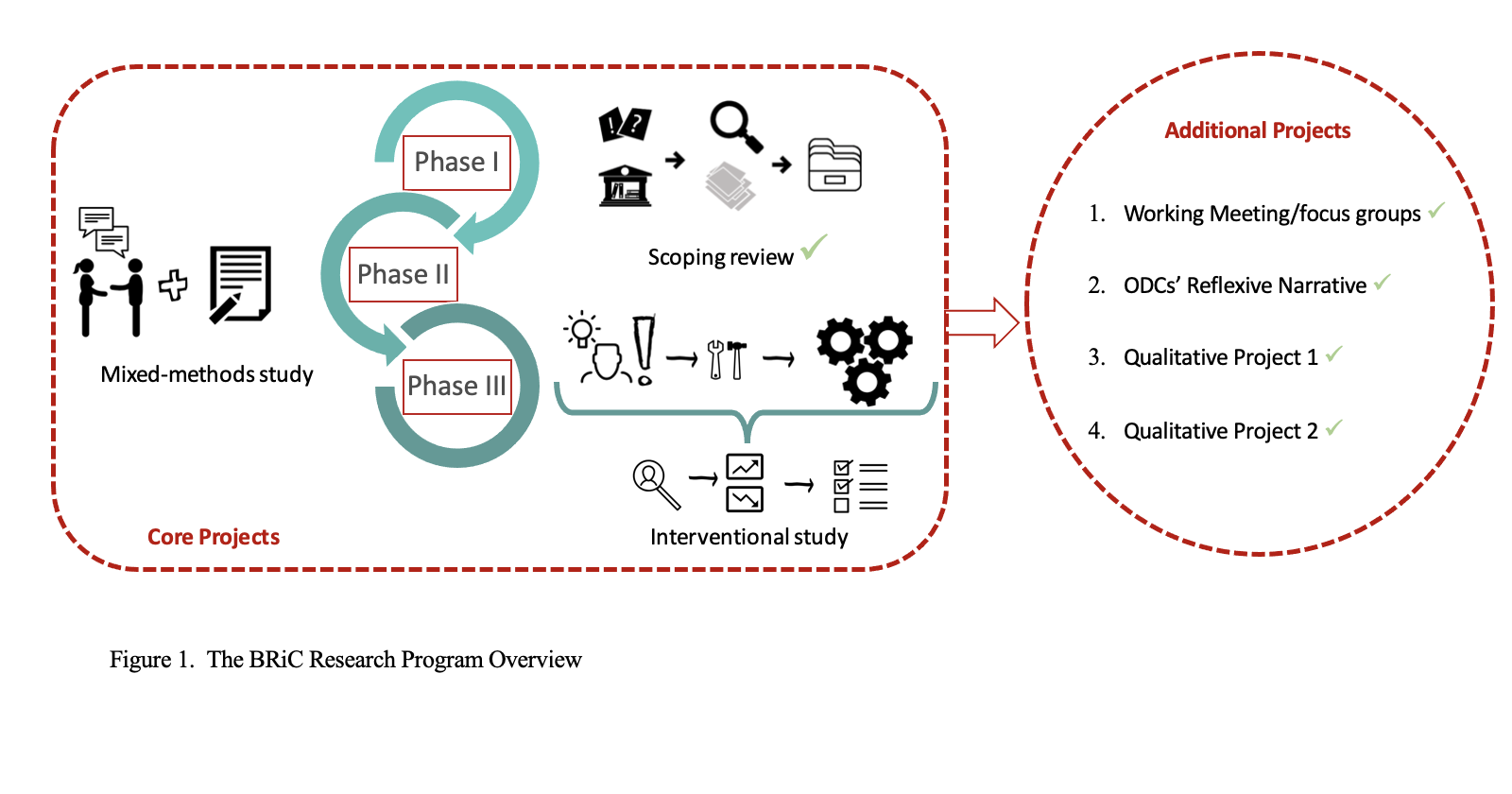
Uncovering work-related problems among organ donation coordinators: the BRiC research program
Vanessa Silva e Silva1, Laura Hornby2, Ken Lotherington2, Amina Silva3, Andrea Rochon4, Aimee Sarti2, Sonny Dhanani3.
1Nursing , Brock University, St Catherines, ON, Canada; 2Organ Donation , Canadian Blood Services, Ottawa, ON, Canada; 3Research Institute, Children's Hospital of Eastern Ontario, Ottawa, ON, Canada; 4School of Nursing, St Lawrence College, Kingston, ON, Canada
Introduction: Organ Donation Coordinators (OTDCs) play a fundamental role in deceased organ donation processes. However, due to the emotionally challenging and stressful scenarios faced daily, they are commonly affected by work-related issues (e.g., burnout and compassion fatigue), which can lead to increased turnover, reduced quality of healthcare services and negative impact in Organ Donation Organizations performance. Therefore, Canadian Blood Services has partnered with CHEO Research Institute and the organ and tissue donation community to create a research program to study Burnout and Resilience in OTDCs (The BRiC Research Program). The main objectives of the BRiC Research Program are to investigate the incidence and potential causes of work-related issues among OTDCs and to propose innovative ways of dealing with these issues to support teams and decrease turnover of experienced and exceptional OTDCs.
Method: The BRiC Research Program was built using a participatory approach that provides the best evidence possible to help address the specific needs of knowledge users (Organ Donation Organizations and OTDCs). The BRiC started with the development of a core three-phased study: phase 1, we published a scoping review to investigate the available literature on burnout and compassion fatigue among OTDCs; in phase 2, we are using a mixed-methods approach to explore work-related issues among Canadian OTDCs; and in phase 3, informed by phases 1 and 2, we will develop, implement and measurethe impact of interventions designed to address work-related issues among OTDCs. In addition to the core three-phased study, we also completedfour related projects: (1) a working meeting with representatives from Canadian Organ Donation Organizations; (2) a reflective narrative paper co-authored by Canadian OTDCs discussing their views and experiences with work-related issues; (3) a qualitative study that investigated experiences of OTDCs about compassion fatigue, burnout and resilience; and (4) a qualitative study that explored the perceptions of OTDCs related to their experiences in a Relationship Centred Care workshop.
Results: An overview of the BRiC Research Program can be found in Figure 1.
The outputs of this research program since its launching in 2019 include: a scoping review protocol and a final manuscript publication; three publications regarding the additional projects (reflective narrative, and results from both qualitative studies); 2 poster presentations, 4 invited speaker presentations; and 9 grant applications, 2 granted.
Conclusion: The findings from this research program will inform clinical practice through knowledge dissemination activities. As this study has been designed in collaboration with national knowledge disseminators (Canadian Blood Services) and provincial end users (Organ Donation Organizations) it will yield meaningful results that can be readily integrated into strategies to decrease OTDC turnover.
We would like to thank Canadian Blood Services and the Children's Hospital of Eastern Ontario for their support funding this work. We thank all Canadian Organ Donation Organizations and the Organ and Tissue Donation Coordinators for their support and participation in this work.
